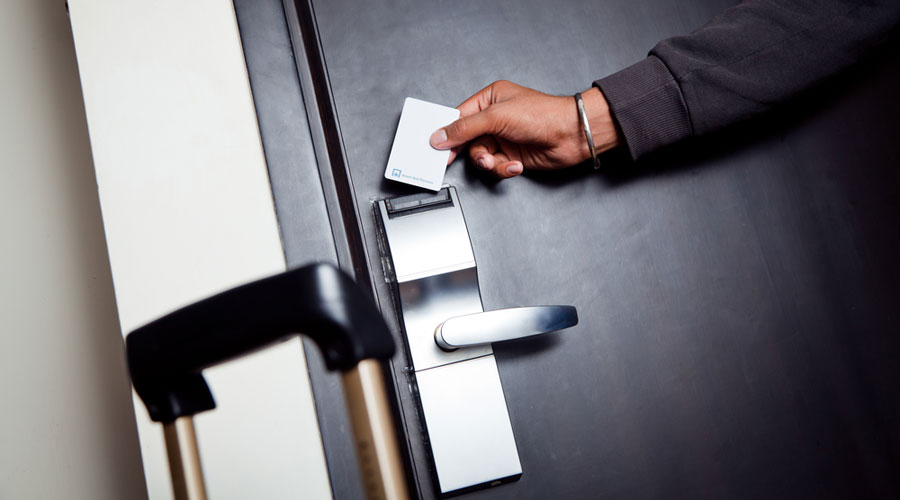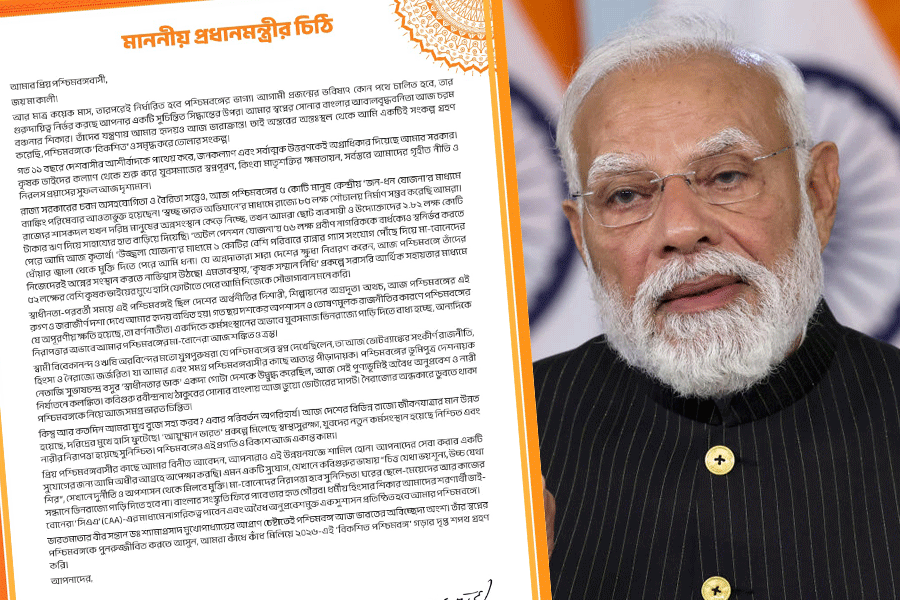Many aspiring entrepreneurs from the plains who had invested in hotels the hills in recent years mostly because of their love for the region are facing a tough call. Since the hotels have been taken on lease, many are finding it difficult to retain the properties and are being pushed out of the business because of the slump in leisure travel whose end seems nowhere near.
Indranil Sen gave up his engineering job to feed his wanderlust. After a stint with a travel portal, he took up a homestay in Kalimpong. “It was taken on a five-year contract. But I was forced to let it go in the fourth year itself after income dropped to zero this summer. There is no chance of a turnaround soon,” said the Naihati man.
He also runs a 16-room hotel in East Sikkim. “It is at a height of 7500ft.” Since the area is so remote, the hotels have to shop for supplies for the season in advance. “We shopped for March to May from Siliguri. In those initial weeks, Sikkim had no Covid-19 cases. But when lockdown was declared, bookings got cancelled and we had to throw away the fish and meat. The vegetables were given away to locals.”
Lake Gardens resident Indranil Ganguly quit his city job in 2015 and leased a 24-room hotel, Tarayana Grand, in Gangtok in 2016 along with a partner. “It was doing well. But with income dropping to nil this summer, we had to let go of eight of our 12 workers. Four have been retained to maintain the property. We are paying them 60 per cent of the salary and a food allowance.”
There have been no bookings for Puja holidays which are usually done by August. Even for Christmas holidays, there have not been any enquiries. Ganguly does not see any improvement till end-2021. “Sixty per cent small hoteliers, with eight to 15 rooms, have quit, I hear. They run the business on rolling capital, investing from their income. Such is the situation, they are looking to cut their losses on the working capital,” Ganguly said. He is unsure what he will do. “Our hotel owner has waived the lease amount for six months. But who will do so for two years?”
Shibnath Ghosh, an electricity contractor, wanted to turn his passion into profession and took up a homestay in a Kalimpong village in December. “Soon train service halted because of the citizenship protests. Just as things were returning to normal in February, the lockdown started.” He has also paid to build a property near Mirik. “This is such a blow at the very start in this business that I cannot even stand up.”
Pulak Bhadra, vice-president of the Tour Operators’ Welfare Association of Bengal, points out that the pandemic might have crippled local tourism. ”Those who are forced to give up their leased properties now might not be in a position to acquire another hotel anytime soon. There is an initial investment of Rs 5-6 lakh to get a hotel ready. Where will this money come from?” he wonders.
A big impediment to business reviving is transport. “There is just one train – a Covid Special -- now running between Sealdah and Alipurduar instead of 15-16 direct ones. But we cannot have tourism based on one train.” Localised lockdowns are another bother. “I sent one family to Darjeeling in June but the Gorkhaland Territorial Administration ordered a 120-day lockdown.” Another problem is resistance from local residents. “They fear that tourists from Calcutta will bring in the virus. A family was supposed to visit a homestay in Pakhiralay but the Gosaba panchayat issued a ban on outsiders.”
Bhadra holds out hope for the newcomers. “Quite a few have joined the business in recent years out of love for nature. They might have their back to the wall now but I’d advise them to grit their teeth for six more months. Once trains restart, there would be 20 to 25 per cent business. And so many are fed up of being locked down that there will be no off season for us once the turnaround happens.”











